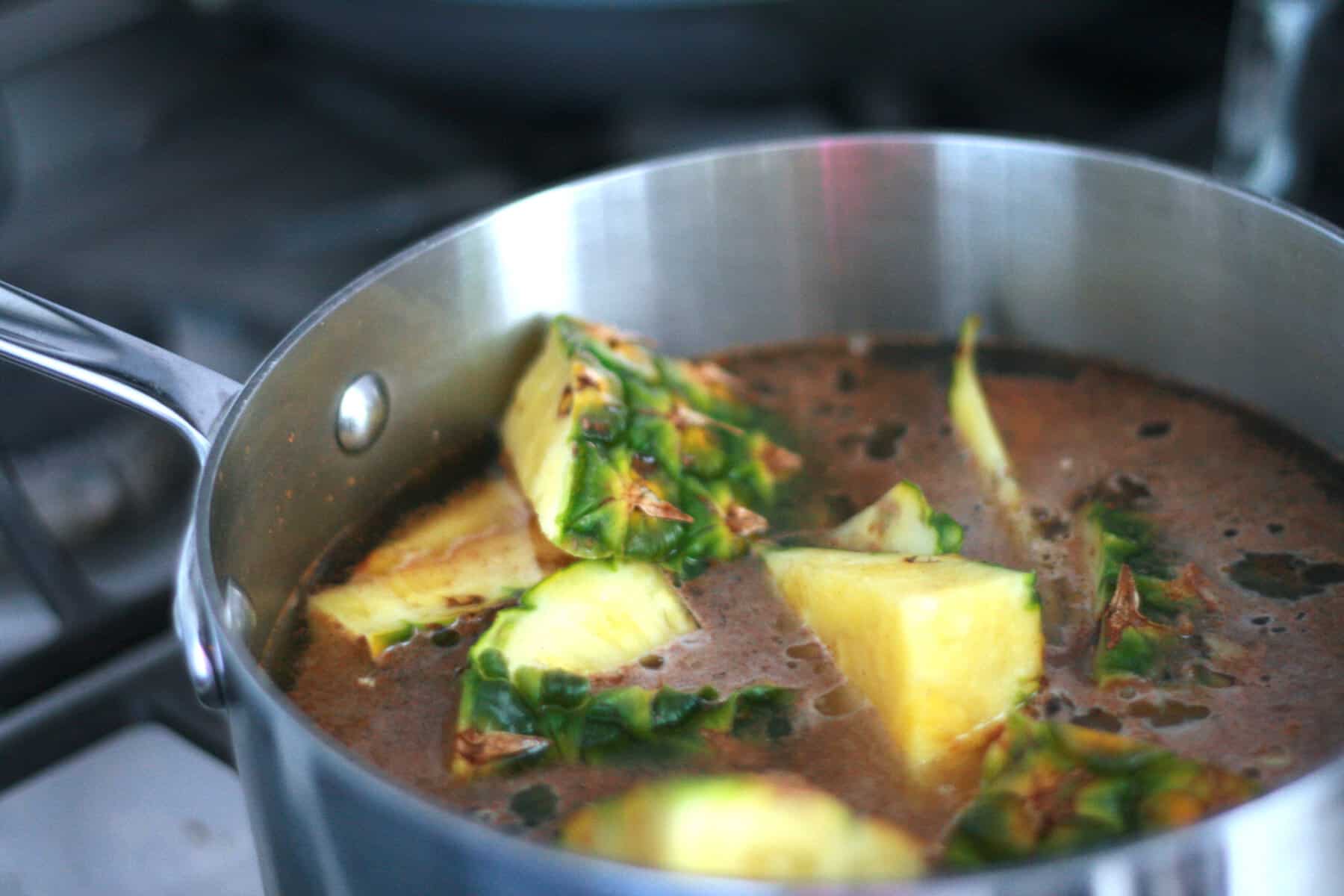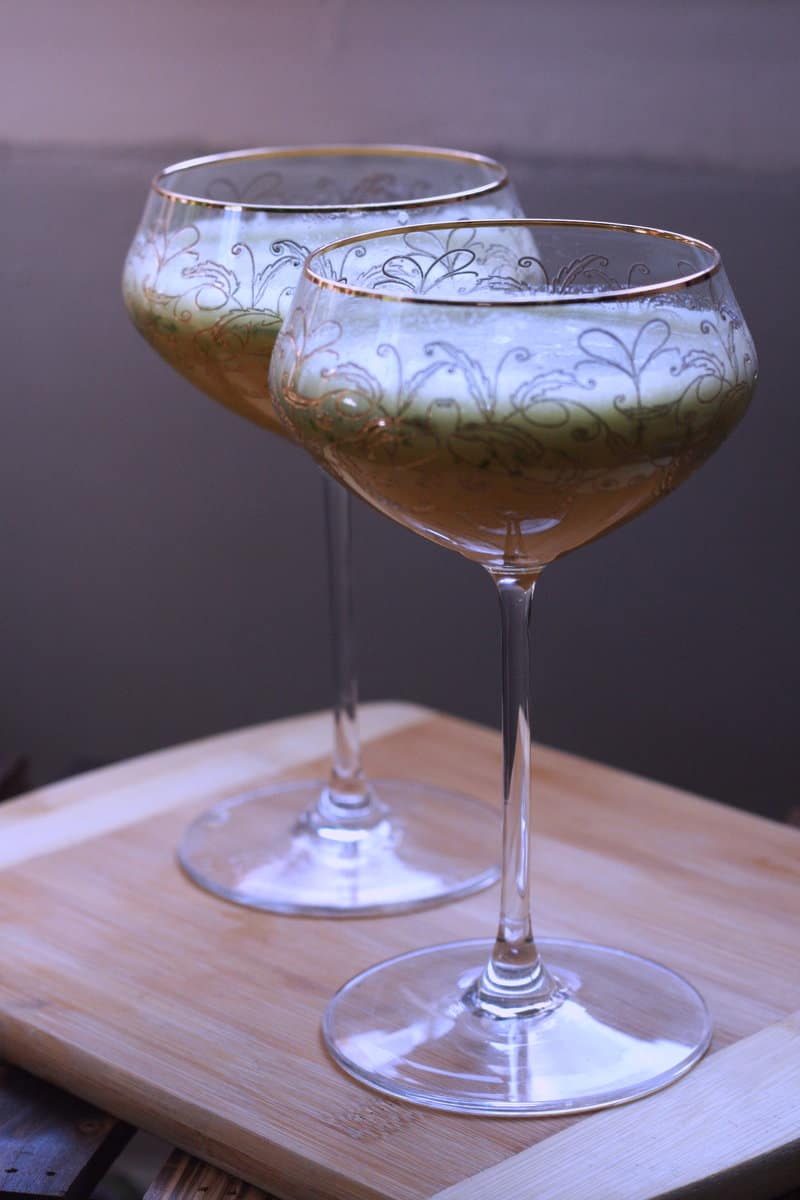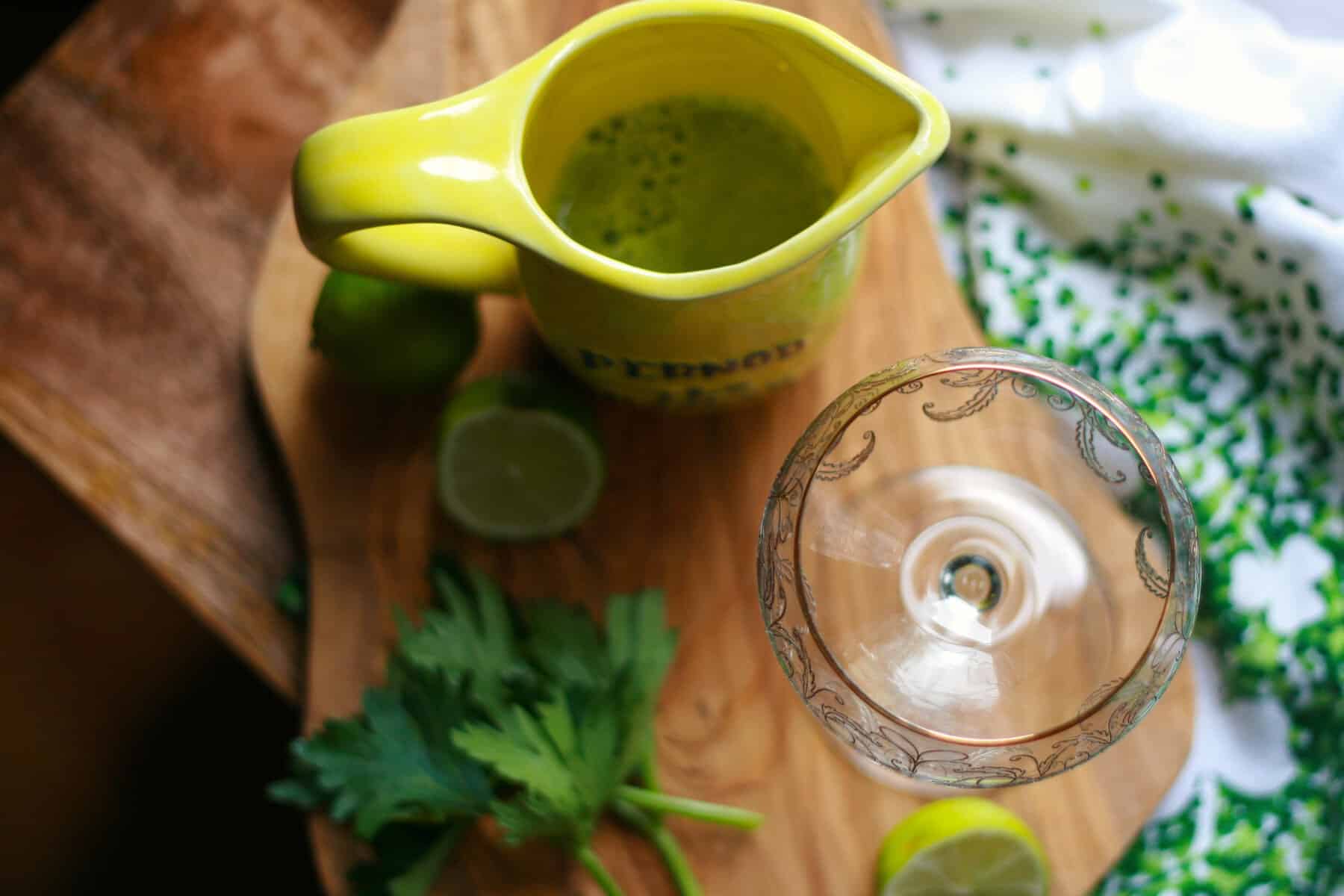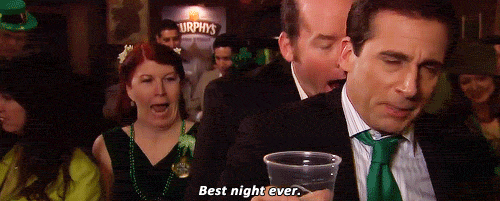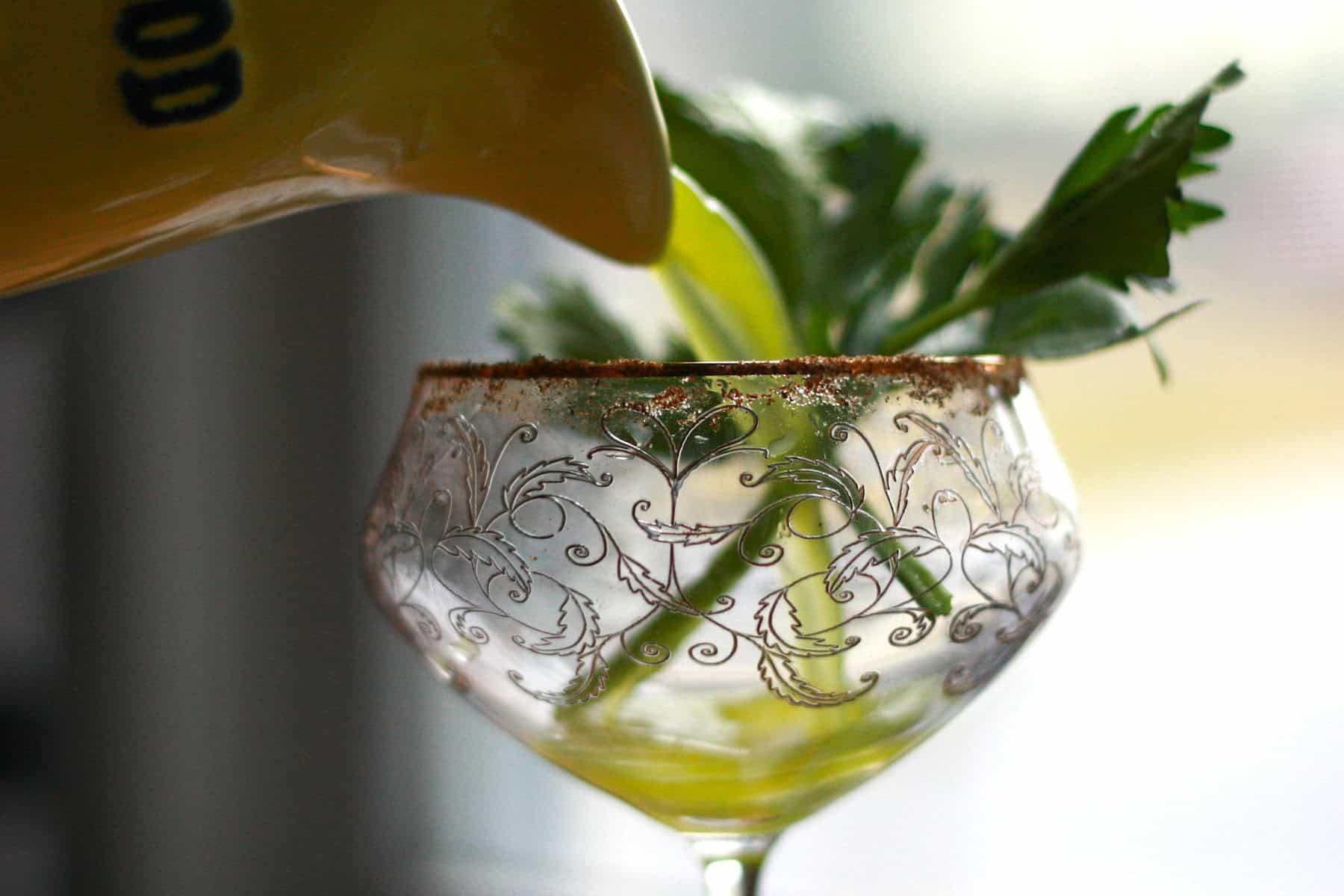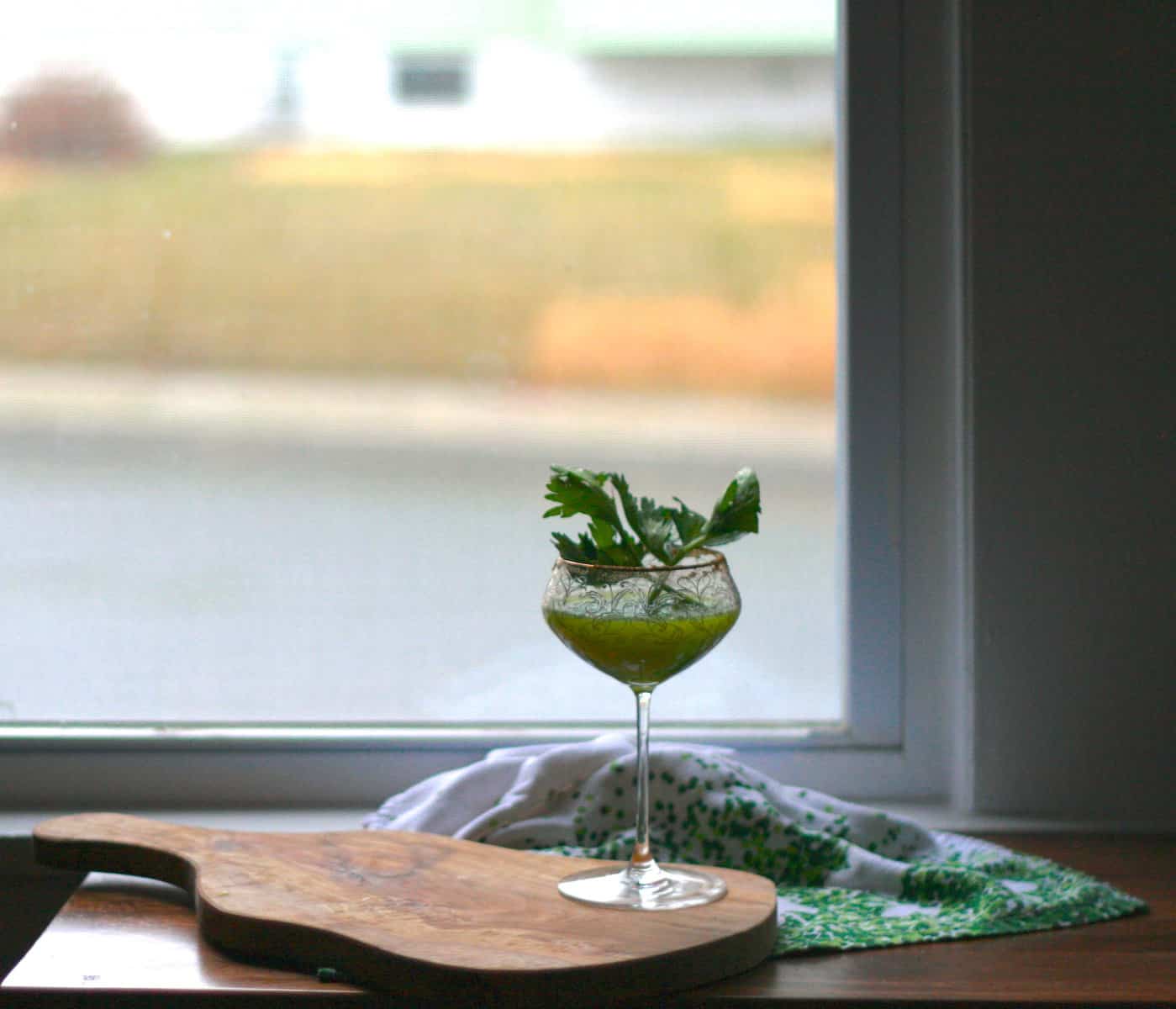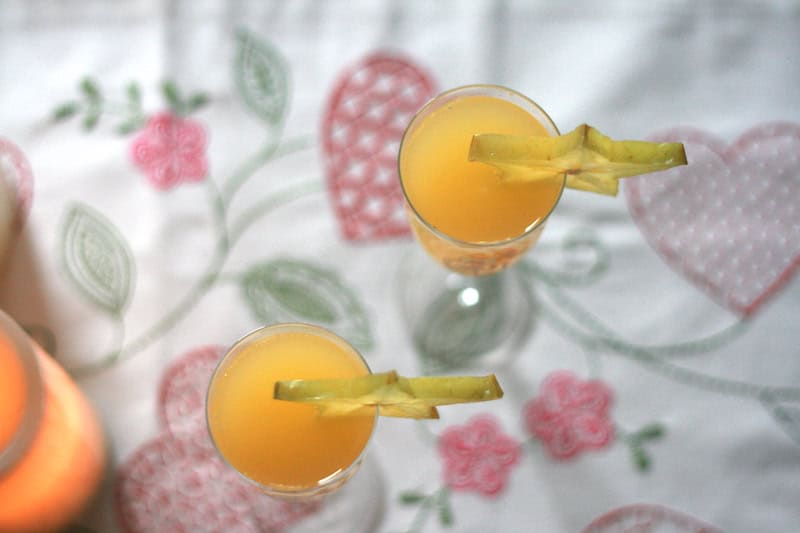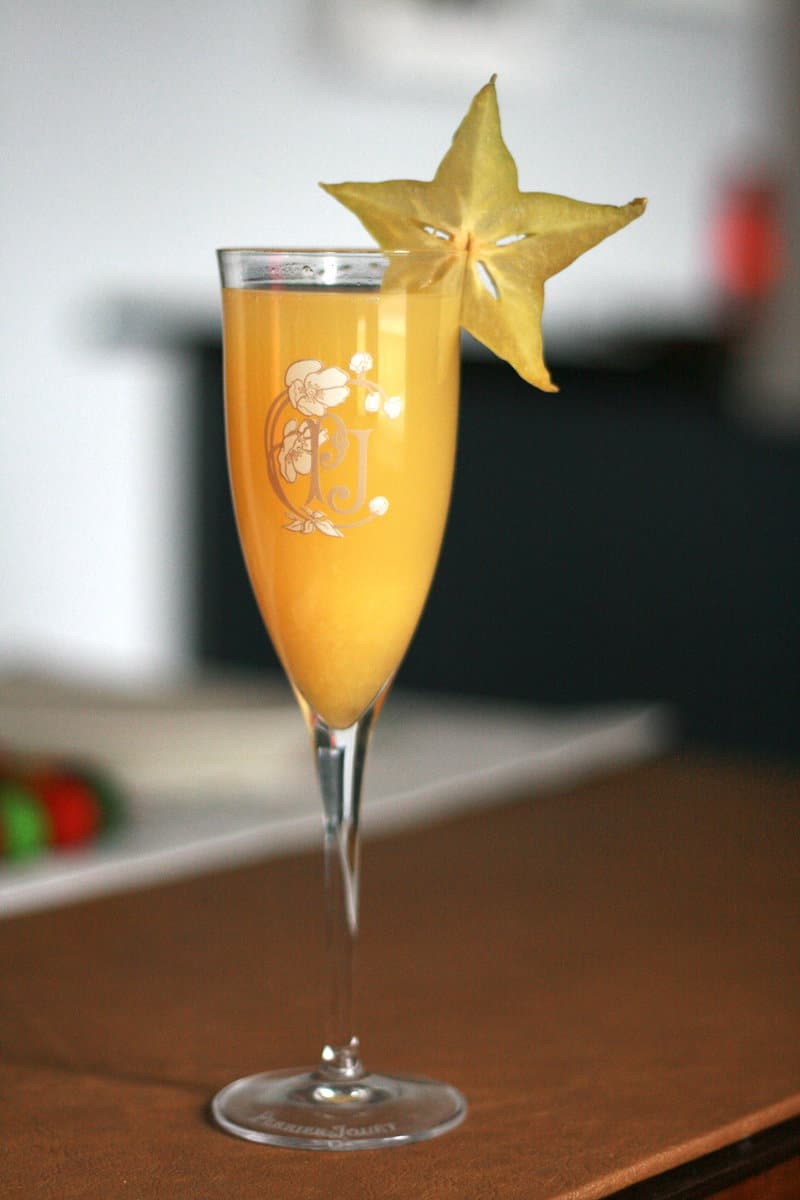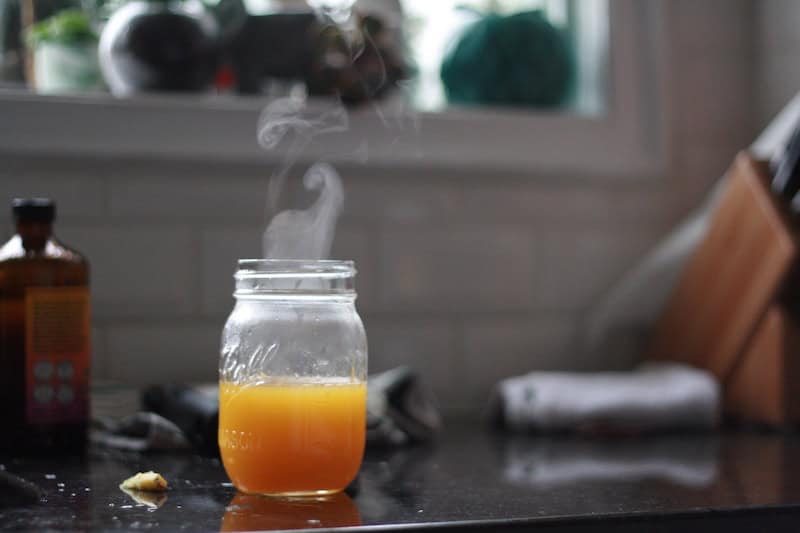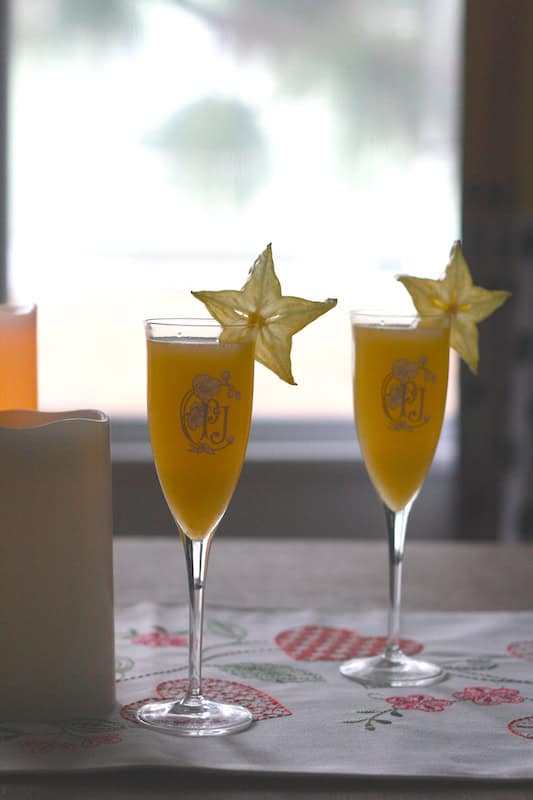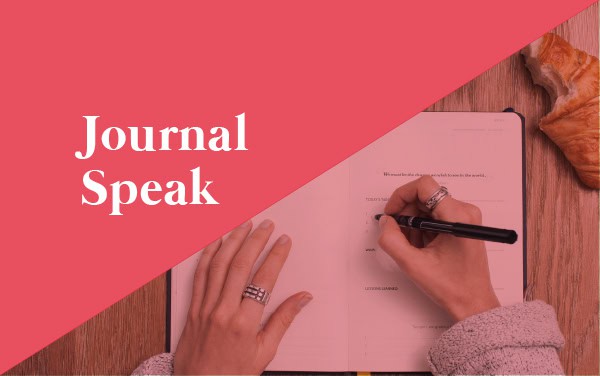
by Kerri MacFarlane | Aug 15, 2022 | Alcohol Free, Early Sobriety, Healing, Helpful Tips, Resources
Who doesn’t love practical tips that help us out with daily tasks? I know I do. And count me in if it is something to help me on my alcohol free journey.
Today I want to give you a practical quitting drinking tip that I recommend you try. This is called JournalSpeak™ which is probably the most informal, writing from cuff, type of journaling you can do. Paul learned about this type of journaling from a podcast called The Cure for Chronic Pain with Nicole Sachs. He was listening to her podcast about back pain that he had been experiencing, but the journaling technique she teaches is also applicable to ditching the booze. So today I’m hoping to bridge the gap.
Okay, let’s do it.
First…what is the point of JournalSpeak?
The point is to get unprocessed, uncomfortable emotions, out of you, and onto a piece of paper, a note, a napkin, post it note, a scroll, a computer screen, whatever. This also makes you feel less alone, it’s as if there are two of you. Another point is you begin connecting with you. Here at Recovery Elevator we do believe the opposite of addiction is connection as Johan Hari coined in a TED Talk. A major component of this is connecting with the raw, unheard, vulnerable, pissed off version of you.
When you feel a craving coming on, this is one of the best times to do this, because there’s a part of you screaming to be heard. ???
Now, let’s talk frequency.
Nicole recommends 20 minutes a day. I get it…that can be overwhelming to start with. So don’t start there. Paul started with 5 minutes first thing in the morning, and then 5 minutes at night before he went to bed, a couple times a week.
Also, you can use this “as needed” throughout the day. Sometimes, if Paul was feeling pissed or feeling fear he grabbed a pen and ‘just let it fly’. ✍?
When I say JournalSpeak – I’m not referring to you opening your leather bound diary, writing the date, and beginning with,
“Dear Diary,
Today…I went to work and my parking spot was taken…”
None of that. ??♀️?? In fact, I don’t recommend you keep any of this JournalSpeak. Get rid of it, that’s the point. Get it out of your body and onto the paper…then get rid of it. ??
JournalSpeak is full of incomplete sentences, horrible grammar, expletives ?…if you choose, shitty illustrations, and giving that pissed off, or sad little kiddo inside permission to speak. That’s really who is doing the talking.
Yes alcohol in itself is highly addictive, but most likely you are unconsciously (or consciously) using alcohol to repress emotions or shitty memories. Getting this excess mental baggage out of your head and onto paper is the beginning of letting it go. Once you’re done writing, throw it away, burn it, command A delete. It’s out, it’s gone. It’s been heard. The energy has been moved. Throw that shit away. ?? You don’t need it anymore. Make that part of the ritual, or routine, toss it. After all, it’s garbage. It’s not serving you.
Paul always felt better after his short JournalSpeak sessions. Sometimes he would go way longer than his five minute timer, things would just keep coming out. Let whatever wants to come out, come out. It may surprise you.
JournalSpeak can cure your pain. Physical and emotional pain. Is this woo-woo? Maybe. But Paul gives it a quantum spin. (He says his first car, at age 16, was a 1982 Volkswagen Quantum, which he feels qualifies him to talk about quantum science.) When you take a thought, which has an atomic weight swirling in your brain, and you place it on paper, two things happen…
- You lessen the energetic density of the thought in your own brain. It was in your brain and now part of it is in the form of graphite on paper (if you’re using a pencil).
- Next, when you see the thought in physical form, on paper, the thought/wave collapses. Almost like a wave landing on the shore. ? The energy of the thought hits the paper, and then softens.
Trust me, you will feel better after these JournalSpeak sessions. Paul says he’s batting 1000 on this one.
***Taken from Recovery Elevator Podcast, episode 389, host Paul Churchill***
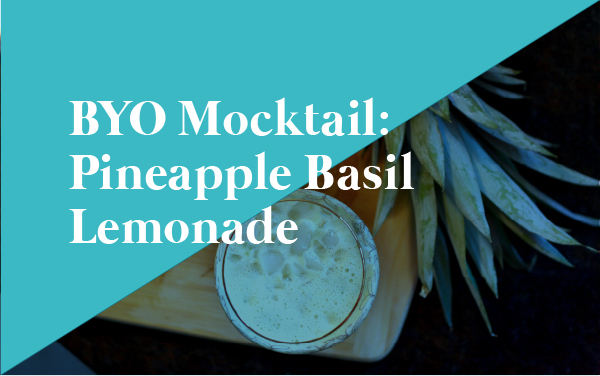
by RE Helper | Jul 15, 2022 | Alcohol Free, Blog, Helpful Tips, Mocktail, Recipe, Resources
One of the scariest questions I had during my path to sobriety was: How will I celebrate ANYTHING? How will I toast at my wedding?
Am I allowed to celebrate anymore ever?!
I was married for the first time in 2005, I was young, figuring out my career and had spent the previous 2 years as a bartender. So I had my best bartender friend (hi ash!) write us a signature cocktail. Seventeen years later, all I can remember is that it was called “The True Love”, had a champagne floater and I drank many of them.
The name of that drink rang true, because what I was really in love with was the alcohol. I wasn’t able to love myself, let alone anyone else at that time. Alcohol was my true love, it was the celebration. I had the ability to turn a Monday afternoon into a celebration, because of booze.
I’ve come to learn over time and with therapy, yes, those that are alcohol free do celebrate! It has also come to light that we celebrate harder because we are fully present in the moment. This month, in honor of Paul Churchill getting married, I’m dedicating this mocktail to his bride. A reinvention of The True Love because this time, it actually is true love.
The True Love: Pineapple Basil Lemonade (AF)
Serves 4
Prep time: 30 minutes + cooling time
Ingredients
- 1 pineapple, cored, chopped & divided
- 1 T cinnamon
- 1⁄2 cup fresh lemon juice
- 2 T honey
- 10 basil leaves
- 2 1/2 cups pineapple water (see below)
- Ice
Pineapple water
Boil 3 cups water, add pineapple peel, rough chopped and cinnamon. Boil 20 minutes, strain liquid through sieve. Allow to cool.
To make the drink
1- In a blender place the pineapple, pineapple water, lemon juice & honey. Blend until smooth.
2- Add in basil and pulse a few times to chop up the basil.
Garnish with pineapple if you want!
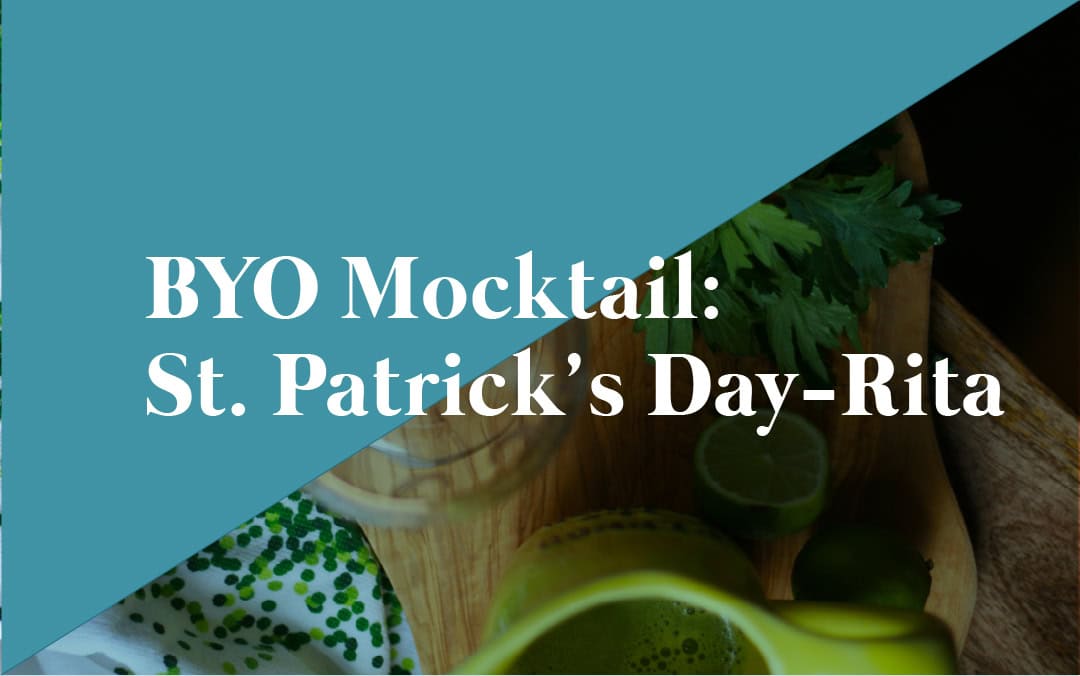
by RE Helper | Mar 17, 2022 | Alcohol Free, Blog, Helpful Tips, Mocktail, Recipe, Resources
Normally I post my mocktail around the 15th of the month, but this month I delayed my post for 2 days so we could talk about
St. Patrick’s Day…
Ready?! Let’s go!
When alcohol is a central focus in your life, every day can be seen as a day to drink! For me, when “drinking holidays” arrived, this was truly my time to shine. It was when everyone else drank like I did on the daily! I could be me, I could be free…. I could have a 3 day hangover… I could have UBI bruises (Unidentified Beer Incident)… I could have lost a phone… I could have…
In Cafe RE this week, someone posted about how in the past they used to drink to their Great Granny O’Reilly and tell everyone at the bar about their Irish heritage. Until they did an ancestry test and discovered they are only 2% Irish! I assume if you’re here, you are thinking about cutting out alcohol, so I feel comfortable asking: How many times have you convinced yourself that something was true to justify the way you were drinking?
As we step away from alcohol, we have to build our own tool belt of sobriety tips and tricks to whip out at a moments notice. My biggest tool (and the whole reason I’m here writing this mocktail blog!) is:
BYO MOCKTAIL!
Having your own drink is, to me, by far the most important thing when socializing. And St. Patrick’s Day can be a doozie! Everything is green, everyone it seems is drunk and you can almost feel the bad decisions being made.
Who wants a green treat to bring to their best friend’s, brother’s, dog babysitter’s, plant sitter’s, cousin’s, co-worker’s St. Patrick’s Day party?!
The St. Patrick’s Day-Rita (AF)
Serves 1
Prep time: 5 minutes
Ingredients
- 1 celery stalk, rough chopped (save the leaves for garnish!)
- 2 oz (1/4c) lime juice
- 1 oz (2T) orange juice
- 2 oz (1/4 c) simple syrup
- celery salt for rim
Combine first 4 ingredients in blender and blend until celery is puréed. Strain through cheesecloth or dish cloth, reserving liquid & pressing liquid through. Put liquid back into blender, add a handful of ice and blend. Rim the glass with celery salt and pour into glass. Garnish with celery leaves and drink!
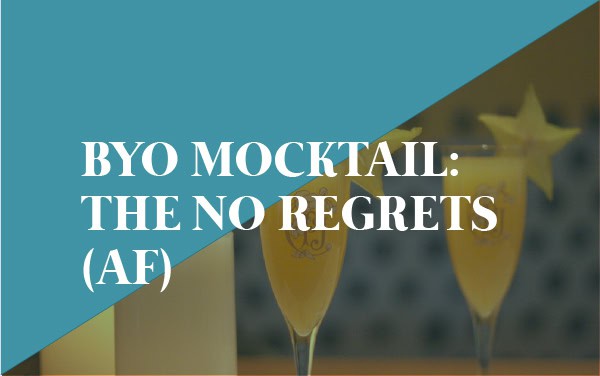
by RE Helper | Jan 16, 2022 | Alcohol Free, Blog, Mocktail, Recipe, Resources
Happy 2022! I hope everyone survived the end of 2021 with at least a smile on their face.
Growing up, my grandfather owned a liquor store. It was a family run business, my uncles all worked there as kids and my one uncle worked there his whole life. They raised their family in a small beach town in New Jersey. So it was a mom and pop shop through and through.
However when my grandfather passed away and they were closing the store, our family had the problem of a surplus of glassware. So each child and grandchild received some special glassware.
I have found there’s two ways of thinking when it comes to barware once you’re sober. The “get rid of it” group and the “repurpose it” group. I personally fall into the latter and love using my old glassware with a new purpose. Because today’s mocktail is best served from a Champagne glass I’m using some Perrier-Jouët glasses that I’m sure were part of a promotional package, but now have deep sentimental meaning to me. I have no regrets holding onto these glasses and using them over and over again.
Don’t get me wrong, those plastic wine glasses that were bought so I wouldn’t break *another* glass were thrown away. The cheapie wine glasses, also garbage.
But the special glasses remain, there’s just a lot less of them now
The No Regrets (AF)
Serves 4
Prep time: 60 minutes (including cooling time)
Ingredients
- 1 cup orange juice
- 1 tbsp grated ginger
- 1/2 cup sugar
- NA wine*/prosecco/seltzer
Combine first 3 ingredients in sauce pan. Cook on medium heat until the sugar dissolves. Allow to cool. Divide evenly among 4 glasses, top with your NA beverage of choice.
*I used this.
Your sobriety is just that, yours. So do what keeps you sober and just keep moving forward.
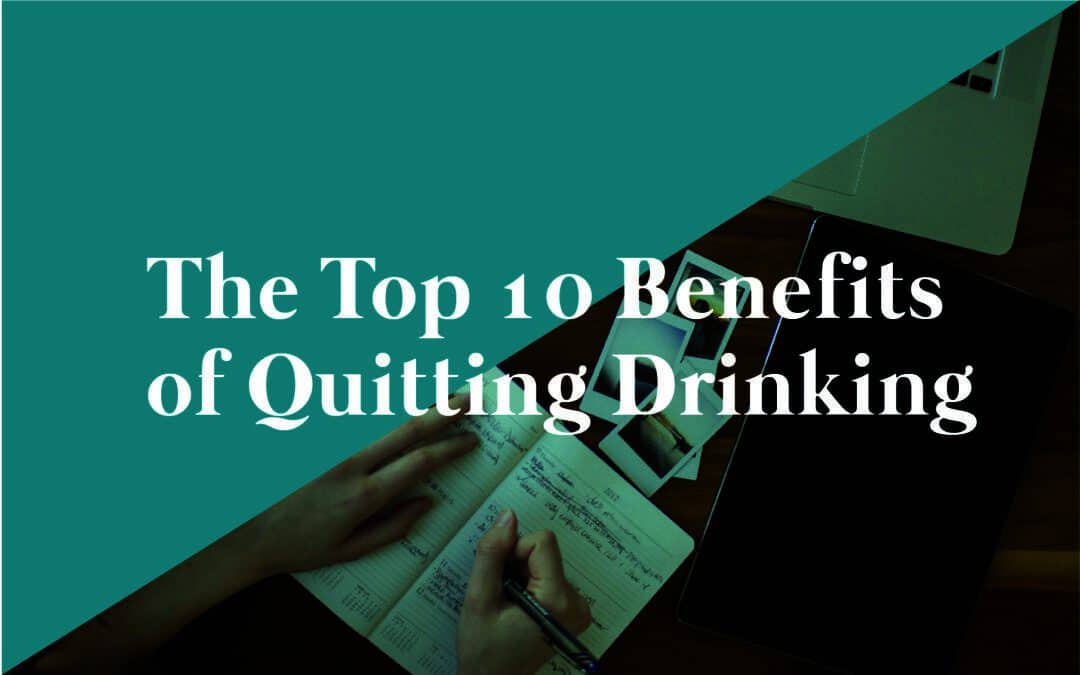
by Kerri MacFarlane | Sep 18, 2020 | Alcohol Relapse, Blog, Early Sobriety, Helpful Tips, Resources, The first Year
?? Hi, my name is Kerri Mac. Some of you may know me, but I’m betting that most of you don’t. I want to thank you for taking the time to read my blog, my very first blog.
How did I end up here, writing a blog for Recovery Elevator? Well, I like to think of it as though I graduated. Two years ago I started writing the show notes for the podcast. And now, here I am…writing blogs. I have been a member of Café RE for over 2.5 years and that has changed my life. But that’s enough about me, for now. ?
I want to talk about the benefits of quitting drinking. And not the obvious ones, like the health benefits or the money and calories saved. No, I want to go a little deeper, and more niche…and I want to make a list…because who doesn’t like a list?
Let’s call our list, The Top 10 Benefits of Quitting Drinking. Catchy, right?!
Here we go…
1 – Your authentic self will begin to emerge. I say begin, because this isn’t a one and done thing, and it takes time. That’s what recovery is, recovering the person you were meant to be and giving the inner child permission to come out and play again. This authentic self fully recognizes that the mind makes life out to be way more serious than it actually is. In fact, don’t forget Rule 22, lighten up and never take yourself too seriously. When you ditch the booze there’s a good chance you’ll find yourself rolling sideways down grassy hills.
2 – You’ll have the chance, the opportunity, to find out why you’re using alcohol to dull that internal discomfort. We’re talking about getting at the roots of this discomfort. No quick fixes or fads, but doing some serious soul work where we make that long journey from living in the head to the heart. This one isn’t so much a benefit, but a life mission and why we’re here.
3 – You’ll begin to find out who you aren’t. Ahhh, you thought I was going to say find out who you are, didn’t you? Nope. And in terms of finding out who you are, I encourage you to rid yourself of this lifelong pursuit because when we quit drinking, the opposite happens. We find out who we are by a series of finding out who we aren’t. Do you dig? Does that make sense? The “who we are” will organically be uncovered by a sequence of revelations of who we aren’t. For example, I’m not a girl who likes to stay up until 2 am and sleep in late, quiet early mornings are my favorite. It’s more common, than not, to find me awake at 4:00 AM…journaling or meditating. You’ll learn you’re a strong person, deeply rooted in this world, who doesn’t need an external substance to feel good internally. Those days will be gone. Hasta la vista, baby! ✌?
4 – You’re open to signs from the universe. Whether you believe they are coming from God, Allah, galaxies, the willow tree in your front yard, or your neighbor Tim, you won’t miss them because you’re drunk or hungover the next day. Hooray! ??♀️??♀️
5- You can see the insanity of the mind. The Hindus called the natural dysfunction of the mind Dukkha, Buddhists call it maya and Christians call it original sin. You’ll also be able to take a step back, become the observer of the mind, and recognize this insanity. Here is what you’ll be able to see. Studies also show that of the 60,000 – 70,000 thoughts we have a day, 90% of them are equal or the same as the day before. ?
-
- It’s these repetitive thoughts that always drive you to make the same decisions.
- It’s these familiar decisions that always lead to the same actions.
- It’s these familiar actions that always result in the same outcomes
- It’s these same outcomes that constantly result in the same emotions
- And these familiar emotions give you those familiar feelings.
- And it’s these feelings that always lead to the same thoughts – thereby completing the cycle. You can now recognize this and will be empowered to change your thinking.
6- Your brain will start to produce regular amounts of Melatonin again. Melatonin is produced by the pineal gland in the brain and simply lets your body know that it is night-time so you can relax and fall asleep. There’s an important word in there. It helps us RELAX when our outer environment says it’s time to relax. Studies show that regular alcohol intake drastically reduces the amount of natural melatonin the body produces which, as you can imagine, does a number on your sleep! ?
7 – Welcome back Oxytocin, or the connection molecule. Oxytocin is produced in the hypothalamus and is sometimes referred to as the “love hormone” because levels of oxytocin increase during hugging and orgasm. It may also have benefits as a treatment for a number of conditions, including depression, anxiety and intestinal problems. This is the molecule that allows us to build altruistic relationships with other human beings. When oxytocin is present in the body, we are living more in the heart area and less in the thinking mind. Studies show that pregnant women who have higher levels of oxytocin bond more strongly with their babies after they are born according to a 2007 study in the journal Psychological Science.
8 – You’re part of something MUCH bigger. We all want to feel like we’re contributing to something, that we are adding to a project or goal and making this world a better place. People are ditching the booze more than ever these days and this global movement takes warriors like you. The bigger picture is that we are no longer looking externally for inner comfort. That’s really what is taking place, and you’re a big part of raising the consciousness on the planet. In fact, when we struggle with addiction we think we are in the back of the line in terms of success and achievement, but in reality, we are the ones who are forced to look within and make HUGE life changes. We are paving the way for others.
9 – You stop hoping. Yep, hope is the problem. When we are hoping for something to change, be it our inner emotional state, the weather, or whatever…then we stop denying what is. This incessant hoping for something to be different drives addiction and is doing a number on humanity. The Buddha noticed this 2500 years ago in Lumbini, now modern day Nepal, when he links all human suffering to craving or hoping for something to be different. That guy was so far ahead of his time.
10 – You’ve got a chance to work on the one big lesson you signed up for in this lifetime. There’s a theory that you’re supposed to work on one major issue in this lifetime. Mine is connection. For others this can be letting things go, loving yourself, standing up for yourself, showing unconditional love to others, forgiveness, self-sabotage, facing fear, patience, shame, regret, and the list goes on. When our veins are flowing with alcohol, there’s no chance we’ll build the internal circuits around these issues. And there’s another theory, that if we don’t get to it in this lifetime, then well, you’ll start again next life. So why not get started now and start tackling the number one thing that is holding us back.
These types of lists are hard. It could easily be the top 100 benefits of sobriety. I challenge you to create your own list and then another one when you hit another milestone. Go back and see how they have changed. The first time I did a list like this, most of mine were external, now they are mostly internal. We are constantly evolving and changing as we walk this journey.
Until next time, be well.
KMac ??

by Paul Churchill | Apr 13, 2020 | Blog, Helpful Tips, Resources
Those in recovery have a head start. We’ve already begun the inner transformation that so many are just starting. This is a fun concept everyone that I get super excited about. It’s a deep one. I think you’ll understand why and I want you to come with me. I think you’re ready. I know you’re ready.
But first… Here is a long list of countries, capitals, and cities that have shut down the sale of alcohol, and don’t recognize them as essential businesses during the COVID. I hope you’re comfortable, this is a LONG list, I mean, get ready to be here for a while.
Cheers to South Africa (closed until April 16th), Nuuk, the capital Greenland, and the town of Aisne France (they cited an increase in domestic violence in homes which led to this decision).
The “long list” part was a joke. My goodness. If that’s not a wakeup call, I don’t know what it… And this is a precursor to where this post is going.
Essential Businesses
I first want to cover why liquor stores are considered essential businesses… I know many of you have sent me emails wondering the same… And here’s why.
The Mayor of Denver Colorado reversed his call of closing all liquor stores on March 23rd just two hours after announcing that liquor stores would close during the quarantine. I read a long article in the Denver Post the other day on why the quick reversal. It cited keeping jobs intact, preventing more unemployment claims, which all make sense. However, the most accurate response came at the end, which said, “the last thing we need right now is a bunch of people taking up hospital beds with for alcohol withdrawals.”
And there you have it. It’s that simple. Our society has found ourselves in such a pickle, that for many, pharmacies and liquor stores are contemporaneous or interchangeable. This has to change. It is changing.
Where have I heard that before?
The other day I was on the phone with our contact at the hotel in Denver for our upcoming event this June. I asked her how she was doing during the pandemic, and she said, “well, I’m taking it one day at a time.” “I bet you are,” I said… Now where I have heard that before? The big book of Atlas Shrugged? The Chronicles of Narnia?
Then a couple of days later, I dropped my bike off for a tune, which for sanity purposes is deemed an essential business in Colorado, and I asked the guy how he is doing. He said, well, it’s one bike at a time, and we’re all taking it day by day. I respond with, “You don’t say…”
Where have I heard these before? These are classic twelve-step program analogies that we’ve been using for decades. Fifteen years shy of a century, in fact. I’m like, “is everyone working a twelve-step program these days?” Not everyone, but more now than ever. Including those who don’t struggle with alcohol and aren’t aware they are even working the program.
So here is where we have a head start. We got started early with connecting the heart and soul internally, regardless of external circumstances. On building inner peace without a foreign substance such as pinot grigio, IPA’s, cigarettes, or donuts… Ahh. I’m not ready to give up donuts yet, but I think you get it.
In our own personal jail
Millions of people feel like they are locked up in their houses right now, in jail, inside their own homes with their families. I FaceTimed with my brother and his family yesterday, and they are STRUGGLING. His wife is pregnant, they are both working from home, and my 3-year-old nephew is no longer at daycare during working hours. My brother said he’s going crazy without his routine, the gym, working from home, and boredom.
Okay, here is where I encourage you to go deep with me. Are you ready? At my talk in February 2019 at our LIVE event in Nashville, I said that alcohol is an invitation to wake up. To recognize that real, long term happiness can never be tied with the external physical world. This could be a life partner, a pet, a spouse, a job, a house, or your ride on John Deere Greene lawnmower. Side note, the country artist Joe Diffie, who wrote the song John Deere Greene, recently passed away due to the Corona Virus. Guys, this shit is real.
We, who grapple with addiction, choose to receive this invitation early. As we are the primary wave, who have decided to do the inner work first and show the way for the rest of humanity. COVID 19, is the invitation for another wave to follow. Now, I may have just said some words that furrowed a brow or two. That was that we “choose” to receive this invitation, and we “decided” to do this inner work first. As in it was voluntary.
That’s a whole bundle of spirituality that I want you to think about for the rest of the day… to start sitting with. We had a webinar a couple of weeks ago titled “Spirituality and Addiction,” and this was the point that spiritual teacher Elaine Huang made. She said, “those who have the courage to go within and build inner stability without alcohol are paving the way, are leaving a footprint in consciousness for the rest humanity who are soon to follow.”
Now, this next part isn’t food for thought, but a concept that I believe in with all my heart. I’ve said this in previous episodes, in my book, at past retreats, and it’s more applicable now than ever.
Due to the stigma surrounding alcoholism and addiction in general, we often mentally shame ourselves to the back of the sociological cue. Telling ourselves that we have morally failed, that we messed up in life, and this couldn’t be further from the truth.
We are the teachers
In fact, we are the ones who said, “Okay, I guess I’ll quit drinking, do a bunch of internal work, find stability and then I’ll show my neighbor, cousin and brother Rod who don’t have drinking problems, how to build a sturdy internal foundation of joy that doesn’t care if the Seattle Seahawks win the Super Bowl or not.
Do you follow? These are expansive ideas that I hope you sit with, and lord knows many of us have found ourselves with more time to sit…
Okay, one more point about how we have a head start. If you’ve been around the recovery block, you’ve heard that gratitude is key to departing from an addiction. It’s INCREDIBLY important, and here’s a cool way that science shows how. It also hints at how we need inner change as opposed to vaccines to address COVID.
Like any other virus, (COVID-19) has a low vibration with a closed electromagnetic circuit structure, with a resonance frequency of approximately 5.5 Hz-14.5 Hz. In the highest ranges, it is not active and, starting with the ranges of 25.5 Hz and above, the virus dies…
These are low vibrations. For reference, fear has a vibration from 0.2 Hz to 2.2 Hz. Resentment, 0.6 Hz to 3.3Hz. These emotions or frequencies don’t feel good to experience, and I bet it doesn’t feel good to have the coronavirus.
Again, the virus dies above 25.5 Hz. A genuine thank you, or gratitude has a frequency of 45hz. Compassion for another 150Hz. And unconditional, universal, sacrificial love is at 205 Hz. When we practice gratitude and compassion, COVID, can’t survive in that environment. A micro at the cellular level that is being applied to the macro.
-Paul Churchill




